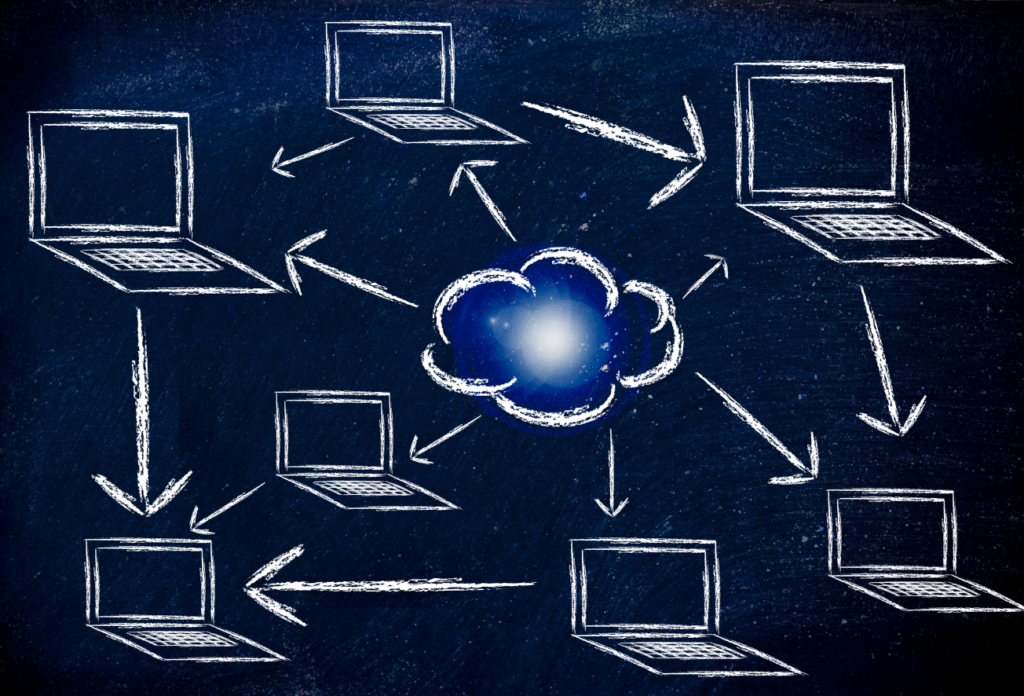Why Secure Healthcare Data Sharing Is Crucial
January 29th, 2021
Healthcare data sharing has both challenges and benefits. However, it’s critical to improving the healthcare system and ensuring better care.

In a digital world, we’re all used to how easy it is to exchange data. One might think that’s how the healthcare industry works. After all, most people have more than one doctor, and it’s a good idea that providers have access to the entire history of a patient. Unfortunately, healthcare data sharing isn’t that simple. While the push for interoperability is a goal of the U.S. healthcare system, it’s still challenging for most.
The Risks of Healthcare Data Sharing
The risks associated with data sharing in healthcare exist because records contain personal health information (PHI). HIPAA mandates are very specific about how to handle PHI, whether internally or externally. Encryption methods must be in place for the secure exchange of information. Many organizations consistently do this through integrations; however, health system IT teams often lack the bandwidth for these projects. While the risks are real, there may be even more risk to patient care without sharing.
Healthcare Data Sharing Challenges
So, why isn’t data sharing routine in the industry? It’s a complex problem—one that’s prevalent. A study by the Center for Connected Medicine found that only 69% of healthcare IT leaders said they were effective at data sharing. The report details that stakeholders are making more moves toward interoperability. Many are switching EHRs to make this easier.
CMS and HHS took on the subject last year with the interoperability rule. This rule wasn’t just about the interchange of data between providers but also enabling patient access. COVID-19, however, impacted its rollout. Challenges persist regarding standardization, unstructured data, and security concerns.
Healthcare systems are taking strides, but they often need support from data management companies because their internal team lacks the capacity or expertise.
The Benefits of Sharing Healthcare Data
There are many benefits of data exchange in healthcare, including:
- Improving patient care when clinicians have a full picture of their history.
- Population health management, which is critical right now in the pandemic.
- Reducing medical costs with continuity of care, which could prevent emergency room visits or readmissions.
- Better medication adherence and prevention of prescription adverse reactions.
- Large-scale analytics for chronic disease or genetic studies.
For healthcare to seamlessly move into the 21st-century and beyond, efficient data exchanges are vital.
The Security Aspect
First and foremost, any PHI sharing activities must be compliant with HIPAA. There are misconceptions about HIPAA and data sharing. However, HIPAA’s intent was to ensure secure data sharing among parties. HIPAA doesn’t prohibit data sharing; it simply provides a framework to do it securely with encryption and other protocols. HIPAA is not a barrier.
The security concerns are high because healthcare is a huge target for hackers. Anyone in healthcare knows that there’s safe exchange of every data from electronic prescriptions to lab work to referrals to specialists. Consistency in security is what stands in the way, and that goes back to IT bandwidth and capabilities.
Secure Data Sharing Can Revolutionize Healthcare
If healthcare gets data sharing right, then the industry can finally fully evolve. There are so many possibilities and efficiencies. It could improve care, help organizations make better decisions, and reduce overall costs.
If you’d like to know more about data sharing and how we can help, watch our video!